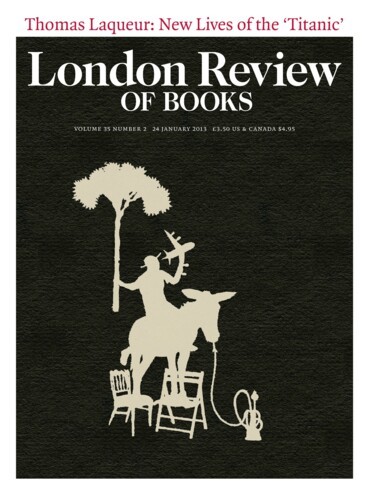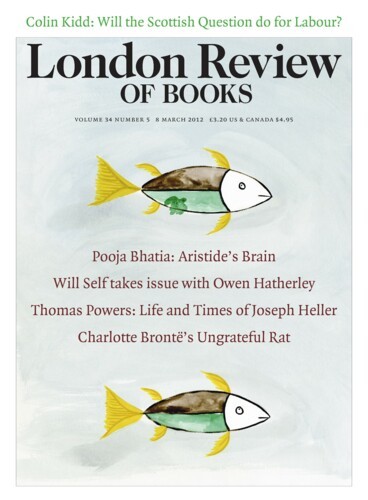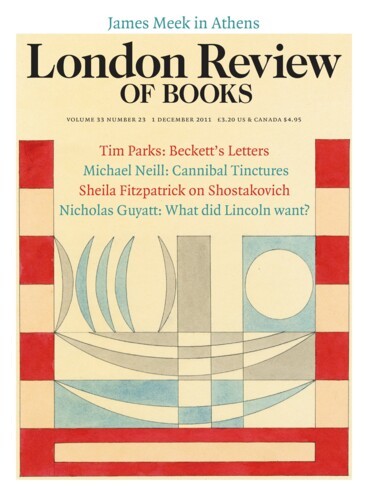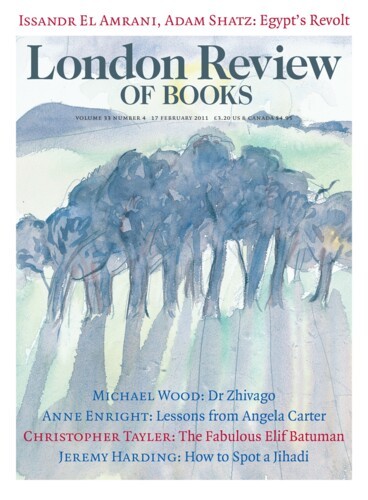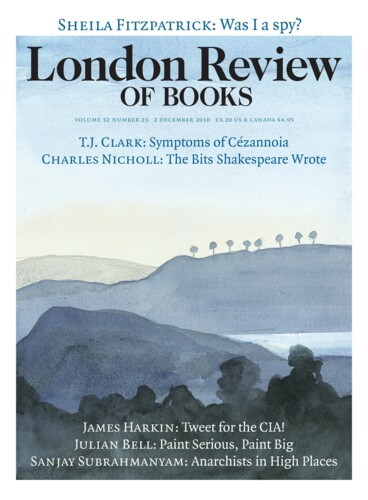Who gets the dacha? Marshal Zhukov
Sheila Fitzpatrick, 24 January 2013
Of the Soviet Union’s World War Two military leaders, Marshal Zhukov was the most celebrated, both at home and in the West. Broad-faced, stocky, plain-spoken with a touch of swagger, Georgy Konstantinovich epitomised Russian solidity and resolve. The commander with the golden touch, Stalin’s favourite, he seemed to be everywhere during the war: stopping the Germans entering...
